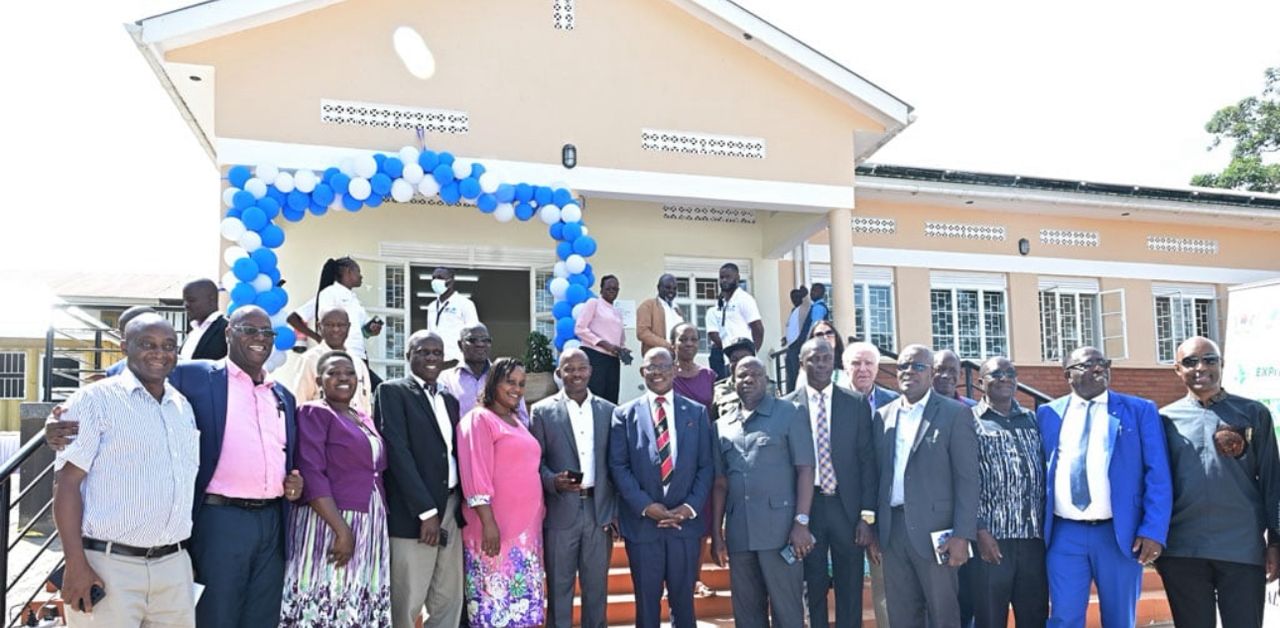The Vice Chancellor of Makerere University, Prof. Barnabas Nawangwe, has commended the Infectious Diseases Institute (IDI) for significantly expanding HIV services to some of Uganda’s most remote island communities, describing improved health as essential to Uganda’s economic progress.
Speaking during the launch of the Kalangala Clinical Research Centre, Nawangwe underscored the importance of health in national development.
“If people are not healthy, they can’t work — it’s useless to invest in anything else. This new centre marks a major milestone in bringing essential services closer to communities that have long been underserved,” he said.
According to an IDI statement issued on November 20, the new research facility—supported by the Bill & Melinda Gates Foundation—will focus on several priorities.
These include studying the effectiveness of a monthly HIV prevention pill for adolescent girls and young women, expanding community health services, and contributing to global research on emerging HIV prevention tools.
Kalangala, which has the third-highest HIV prevalence in Uganda at 13.1%, has for years faced elevated infection rates, particularly among fishing communities. Many residents have had to undertake long, risky boat journeys to access advanced HIV care on the mainland.
Nawangwe emphasized that Makerere University—ranked second in Africa and 63rd globally—continues to strengthen its position as a hub for research collaboration, innovation, and technology transfer. The Kalangala centre joins a broader multinational HIV prevention study spanning 31 sites in Kenya, South Africa, and Uganda.
IDI Executive Director Andrew Kambugu described the facility as a major step in IDI’s mission to improve HIV care and reach hard-to-access communities.
“We have treated and cared for people living with HIV, deployed medical drones to deliver life-saving medicines, and now built a research centre. This is a new chapter for Kalangala. IDI currently manages more than 20 percent of all HIV cases in Uganda,” Kambugu said.
Local leaders hailed the new centre as transformational for the district’s health system. Kalangala District Chairperson, Jajab Ssemakula, noted the longstanding challenges residents have faced.
“Accessing healthcare has always meant a journey across waves — long, costly, and sometimes dangerous. This centre brings hope and dignity to our people,” he said.
Deputy Resident District Commissioner, Henry Ssebunya, praised IDI’s consistent innovation and historical commitment to the islands.
“From a sleeping sickness camp in 1906 to a cutting-edge research hub in 2025, Kalangala’s story is one of resilience, innovation, and hope,” he said.
The new centre is expected to greatly improve access to HIV prevention and treatment services for island communities and contribute valuable data to global HIV research efforts.


